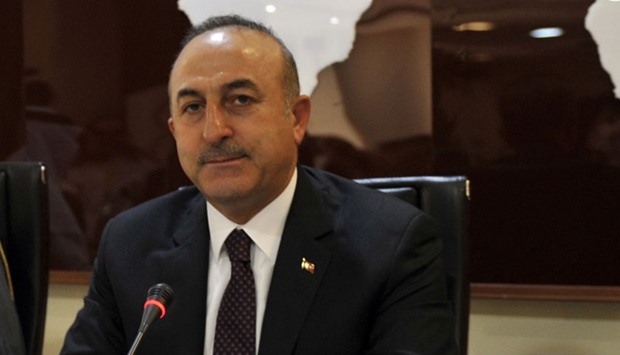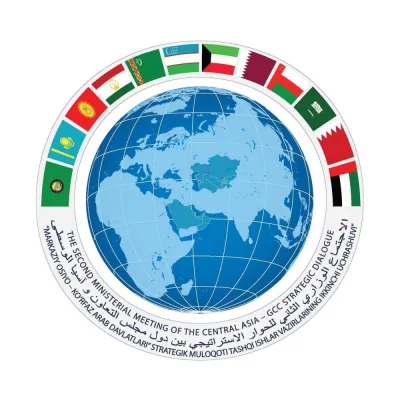Turkish Foreign Minister Mevlut Cavusoglu stressed that the Gulf crisis has no realistic reason, reiterating Turkey’s support for Kuwaiti mediation and reaffirming that there is no reason why the crisis would not be settled.
Speaking in Khartoum during a joint press conference with his Sudanese counterpart Ibrahim Ghandour, Cavusoglu denied the existence of any co-operation deals between Turkey, Qatar and Iran.
“There is no Turkey-Iran-Qatar axis,” Cavusoglu was quoted as saying by Anadolu Agency, adding that Turkey did not discriminate between fellow Muslim countries and highlighting that Ankara had been one of the most vocal critics of Iran’s policy on Syria and Iraq.
On June 5 Saudi Arabia, the United Arab Emirates, Bahrain and Egypt cut diplomatic and trade ties with Qatar and imposed a blockade triggering the Gulf crisis.
Cavusoglu said his country’s main concern is to promote unity across the Islamic world, “not to sow sedition between Muslim countries as others have done.”
The Turkish foreign minister said the recent visit of Turkish President Recep Tayyib Erdogan to Sudan achieved its strategic goals, adding that the joint strategic co-operation council will follow up on the development and enhancement of ties in all fields, Sudan’s official news agency Suna reported.
Cavusoglu said it was the first time for Erdogan to spend three days on a visit abroad, which he added, affirms the president’s attention to relations between the two countries.
He noted that the agreements signed between the two sides during the visit will increase Turkish investments in Sudan, highlighting Erdogan’s keenness to gradually increase trade exchange from $500mn to $10bn.
The Turkish minister said his country pays special attention to security in Africa in general and Sudan in particular, noting that Ankara will continue to offer security support to Sudan and combat terrorism in the Red Sea region.
He also pointed to the directives of both presidents to provide security and police support to Sudan besides developing co-operation in military industries.
Ghandour said Sudan’s high interest in Red Sea security is due to its long coast, which extends to 750km, while 86% of the world’s oil trade passes through this waterway. He noted in this regard the close co-ordination between Sudan and other countries concerned with Red Sea security, particularly Turkey.
Ghandour also noted that an agreement was signed between Sudan and Turkey on the establishment of a harbour for maintenance of civilian and military ships, adding that Khartoum has temporarily leased Sudan’s Suakin Island to Turkish investors.

Cavusoglu: supports Kuwaiti mediation


